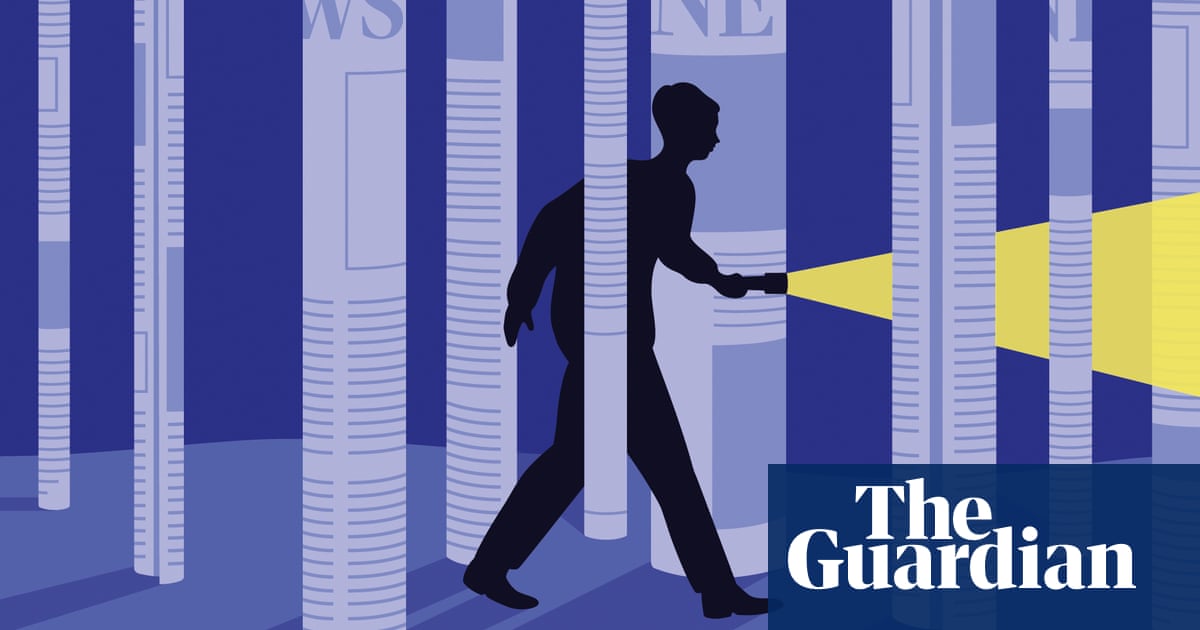Uniontown pastor hoping to mend family relationships strained by conspiracy theories in new podcast

UNIONTOWN, Ohio — Nearly two months after the attack on the U.S. Capitol and President Joe Biden’s subsequent inauguration, some faith-based leaders are publicly denouncing conspiracy theories like QAnon.
QAnon’s followers believe in a secret “deep state plot” against former President Donald Trump.
Whether it’s the assassination of President JFK in 1963, the moon landing in 1969, the 9/11 attacks in 2001, or the insurrection at the U.S. Capitol in 2021, political experts told News 5 conspiracy theories will always be prevalent in American culture.
“We’ve always been a country that at times suffers from the belief in conspiracy theories, usually a small percentage of the population,” Tom Sutton said. “It’s much more widespread because of the availability through social media of its ability to spread among people in times of uncertainty and crisis, as we’ve had with the economy and with the pandemic.”
Faith-based leaders like Pastor Derek Kubilus said conspiracy theories like QAnon have corroded the very fabric of family and friendships while defying the basic principles of Christianity.
“Folks who have had relationships that they’ve had for years get broken. Some people have gotten divorced because one of the partners has fallen deeply into the QAnon conspiracy and finds it difficult to talk or think about anything else,” Kubilus said. “QAnon is completely incompatible with every form of Christianity. The paranoia that it inspires, the obsession that it causes in some cases.”
Kubilus is publicly denouncing the conspiracies on his new podcast, ‘Crossover Q’, in hopes of reaching a large percentage of evangelical Christians who’ve aligned themselves with QAnon’s theories.
“Twenty-five percent of evangelicals believe that QAnon is mostly or entirely true and 18 percent of those who attend mainline churches like my own United Methodist Church,” Kubilus said. “It’s very hard to give that up, especially in the midst of a pandemic when we’re all feeling isolated from one another.”
Sutton said the idea that believers of conspiracy theories are ignorant or uneducated is categorically untrue and that their influence is far-reaching.
“There are actually some very highly educated people who also subscribe to some of these theories, like the QAnon conspiracy, so that has a big impact on how people vote,” Sutton said.
Sutton said in recent years, the waters of Christianity and conspiracy have been muddied with the advent of social media.
“This is playing into what evangelicals see as looking for signs of the end of times, the Book of Revelation and also a sense of good versus evil. What tends to happen with apocalyptic predictions is that when they don’t come true, it’s harder to continue to believe in them,” Sutton said. “It’s critically important for religious and political leaders to denounce this sort of theory and to distance themselves from it. A lot of why QAnon, for instance, has had such staying power is because it’s either been endorsed or not denounced by major political figures.”
Moving forward, Sutton and Kubilus agree mending broken familial and friendship bonds will take work.
“The best advice that I’ve been hearing from pastors and psychologists and others when it comes to family is really don’t try to challenge these beliefs,” Sutton said. “Instead, try to get people to focus on the relationships they have as family, as friends.”
Kubilus hopes discussing open communication, mutual respect and empathy in his podcast will lead to reconciliation among some strained families.
“We need to be asking questions, not giving lessons,” Kubilus said.
*** This article has been archived for your research. The original version from News 5 Cleveland can be found here ***


